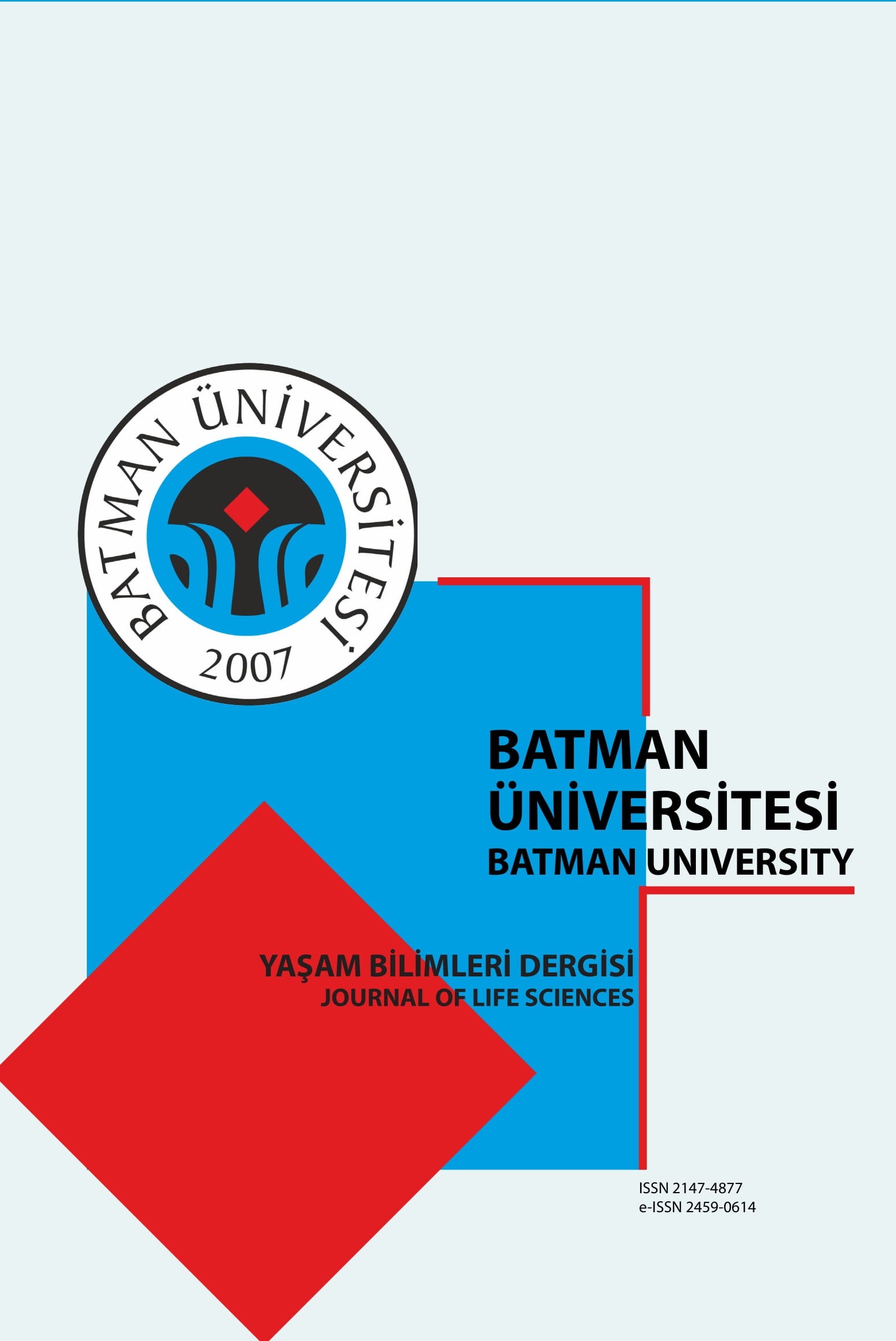KÜLTÜRÜN BİR UNSURU OLARAK DİN
Kültürün önemli bir unsuru olan din, tarih, dil, sanat ve estetik gibi insanlığın başlangıcından bu yana insanla beraber var olan, içerdiği inanç ve ibadet ilkeleriyle daima kültürler üzerinde büyük etkisi olan bir olgudur. Din, bireyin sosyal hayattaki rolünün ne olduğu sorusuna cevap ararken başvurduğu en önemli referans kaynaklarından biridir. Bu nedenle hiçbir fert ve toplum, dinin etkisinden uzak kalamaz. Din, insanın diğer insanlar, varlıklar ve Allah ile olan münasebetlerini düzenleyen sosyal bir güce ve etkiye sahiptir. İnsanların sosyal hayattaki faaliyetlerini anlayabilmek için, inançlarının özelliklerini ve şahsiyetlerinde oynadığı rolü bilmek gerekir. Çünkü inancın, insan psikolojisi ve dolayısıyla sosyal yaşayışı üzerinde önemli etkisi vardır. Kadim Yunan filozofu Mestrius Plutarchus (MS. 46 - 120?) “Dünyayı geziniz, dolaşınız, medeniyetsiz, şehirsiz, duvarsız insan topluluğu görebilirsiniz ama mabetsiz ve mabutsuz insan topluluğu göremezsiniz” der. Bu tebliğimizde, insanın olmazsa olmazlarından olan, her devirde, her mekânda her yaş ve cinsiyeti kapsayan, dinamik bir yapısı olan dinin işlevselliğinin kültür hayatımızdaki belirleyici rolü üzerinde duracağız. Ana başlıklar halinde şu hususları ele alacağız: a. Felsefe ve sosyoloji bilimine göre dinin tanımı, b. Dinlere göre dini tanımı, (Yahudilik/Hıristiyanlık/İslamiyet) c. Dinin sosyal ve psikolojik hayattaki fonksiyonu, d. Bir kültür unsuru olarak din: 1. Dili besleyen bir unsur, 2. Sanatı besleyen bir unsur, 3. Kültürün tamamlayıcı bir unsuru olarak din.
Religion as an Element of Culture
Which is an important element of culture, religion, history, language, art and aesthetics since the beginning of humanity, with humanity that exists, it contains the principles of faith and worship, a phenomenon which is always a big impact on cultures. Religion’s role in social life of the individual referred to in answer to the question of what is one of the most important reference sources. Therefore, no individual and society, the influence of religion survives. Religion is men’s other people, assets and regulate the relationships between God and has power and influence social. In order to understand people’s social life, activities, beliefs, and figures of the features you need to know the role. Because of faith, human psychology, and thus has a significant impact on social life in the. The ancient Greek philosopher Mestrius Plutarchus (MS. 46-120?), “Trip to the world of to wander, uncivilized, uncities, unwalled, human society and human society as you can see, but you can not see ungod and unplaces of worship” he says. In this paper the man is a sine qua non, in every era, every age and sex of each venue, including the functionality of a dynamic structure of the religion which we will focus on the decisive role of culture in our lives. Main headings will consider the following matters: a. According to the philosophy and sociology b. According to the definition of religious faiths (Judaism / Christianity / Islam) c. Social and psychological function of religion in life, d. Religion as a cultural element: 1. Language is a factor in feeding, 2. Art is a factor in feeding, 3. Religion as an integral element of culture
